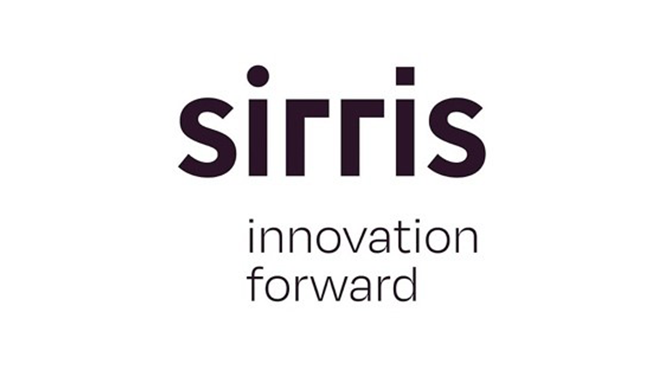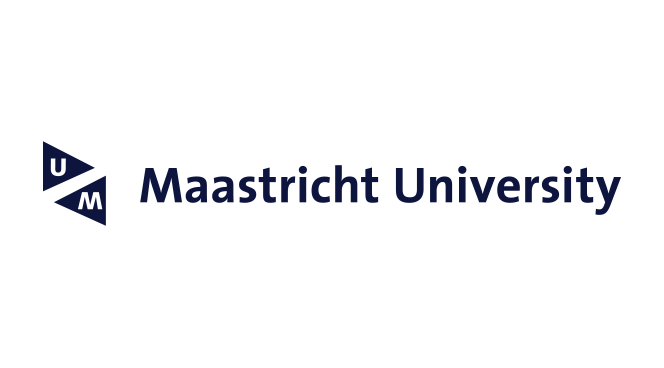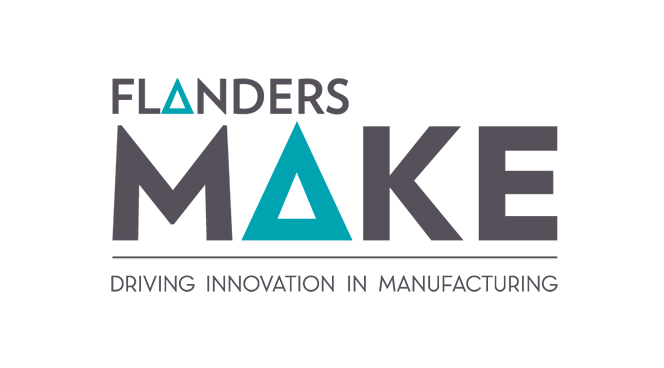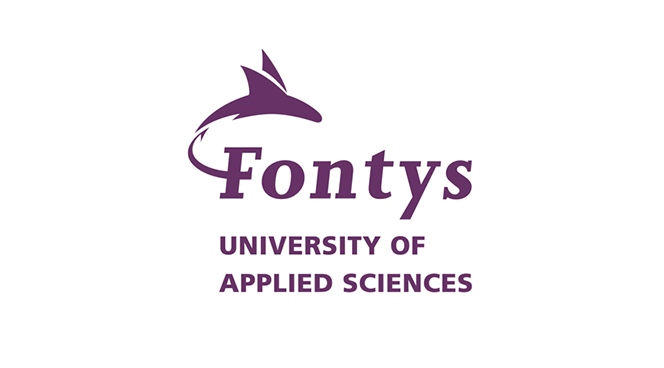SMARAGD
The primary objective of AMIBM in the SMARAGD project is to implement IoT applications in aerogel production, aiming to expedite the digitalization of this field by developing tools for its implementation.
Companies in Meuse Rhine along the value chain in the manufacturing sector are facing crucial challenges to maintain their competitiveness because of fast changes of external factors: emergent innovative technologies (Digitalization and Artificial Intelligence), European directives (Green Deal) for more sustainable products and the appearing lack of sufficient qualified workers due to a demographic transition with a historical shift from high birth rates to high death rates. Especially SME’s feel difficulties adapting their development strategy to meet all these challenges in the next future. The difficulty lies in finding the right strategies, fixing priorities, implementing digitalization, adopting technologies for sustainable materials and training employees to support the needed transition actions. So many challenges can't be handled by the company alone. To provide effective and rapid support for the digital transition to companies and closing existing gaps, the SMARAGD project brings together partners with technological expertise in Smart Processes and Digitalization, and in advanced and sustainable materials. The project is financed by the Interreg under the Meuse-Rhine program, which is co-funded by the European Union.
The primary objective of AMIBM in the SMARAGD project is to implement IoT applications in aerogel production, aiming to expedite the digitalization of this field by developing tools for its implementation. We aim to establish a showcase on how to digitize processes that are currently under development, with a particular focus on aerogel-based textile materials as demonstrator products. This involves conducting research on the strategic placement of sensors, interfacing machine instrumentation, and devising communication protocols necessary for the successful implementation of IoT (Internet of Things) technology. At the end of the project, it should be possible to give detailed information if and how new materials can be used to manufacture aerogels, without extensive testing on the machine. This will be possible through the data gathered from the sensors all along the production process. Furthermore, the building blocks for the implementation of IoT technologies in prototype plants can be transferred to other machines as well, making entire processes more efficient and data driven.

Timeline: 01/06/2024 - 31/05/2027
Contact: Konrad Beukenberg






